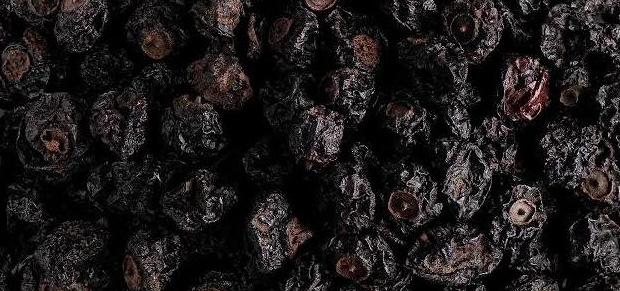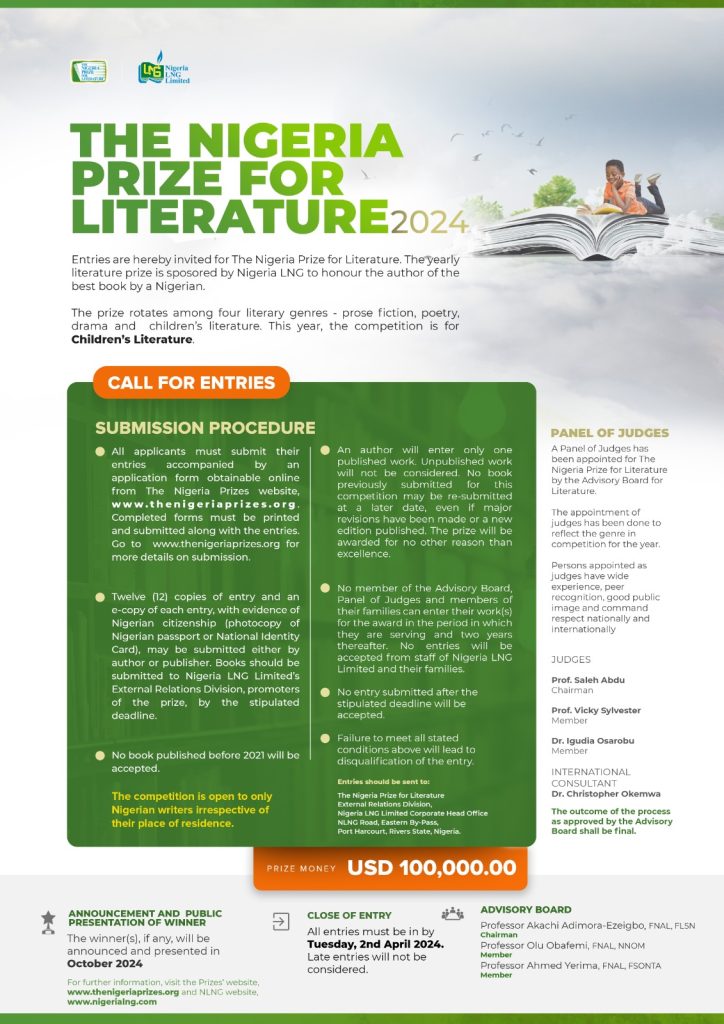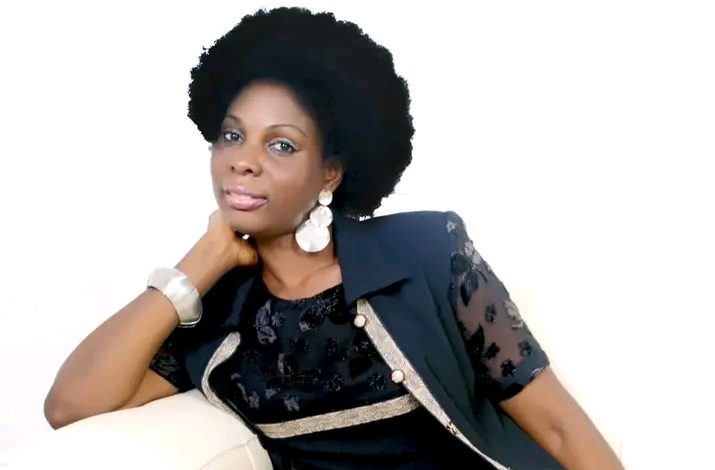Celebrating Blackness in Omeke’s ‘The Black Currant’

By Henry Akubuiro

A currant is a small, sweet, nutritious black, dried fruit made from a seedless variety of grape. Used symbolically in Joshua Omeke’s poem, The Black Currant, the poet celebrates his African heritage. Omeke, who has straddled cultures, is aware of the inferiority complex associated with the Black skin outside of Africa, and uses this poem to draw attention to the inherent beauty of being a black man in a prejudiced world.
The Black Currant is a poem that works on the psyches of Africans. Africa, in this poem, doesn’t represent a single geographical entity. Omeke says it encompasses the black world. In today’s world, you may be a black from the Caribbean, Europe, America, Asia, Pacific or outside of it, the poet affirms that what unites all is African heritage. Of course, colonialism dislocated many Africans during the transatlantic slave trade. Today, we have many blacks who have become indigenous to other countries and continents far from their African ancestral home. But that doesn’t make them less African than, say, a Nigerian or a Ghanaian, according to the poet.
Omeke’s The Black Currant drums it into the ears of Africans that it’s time to reimagine Africa in the hearts of blacks from different divides. Though slavery tended to diminish the value of the African in the comity of nations, the tag of a slave is no longer hanging, like the Sword of Damocles, on the children of those whose ancestors embarked on the journey of no return, who should be proud to identify with their heritage.
This poem is an Afrocentric poem by an African poet on an emotional highway. He makes references to Alkebulan, the original name for Africa, thanks to the oldest Nubian and kinetic texts, as an umbrella of convergence for all blacks. Omeke laments that slavery impacted negatively on Africa on many fronts. Among others, it led to the pillaging of some of its resources and previous artworks. Today, the stolen artefacts from the continent adorn Western museums, a stark reminder of that inglorious past.

Omeke is also worried that, though slavery and colonialism have gone, some of the inventions and legacies of the Western colonial adventurers in Africa have become an instrument that has set brothers against brothers. The poet calls out on African leaders for failing in their responsibility to take care of their people. He is saddened that African leaders have now become their people’s greatest problem with corruption rife in high places and a compromised media turning a blind eye to their atrocities. Neocolonialism has, sadly, replaced colonialism.
For the poet, the conducts of this coterie of African elites are symptomatic of robbers: “Sinning with the pen, Robbing their brethren….” The love for money, therefore, has become a substance that consumed the black man. The African societies of yore were built on the foundation of love and respect. With money in many hands, these cherished traditions have been sacrificed on the altar of nonchalance: Hence, “Men of honour, once humble,/Now unknown since the possession of you,/Looking down on others, refusing to stretch and save their brothers…”
The negative effects of materialism is one of the major threads that run through this poem. Note here: “We traded our values for material prize,/Brought tears to beautiful eyes,/Gave us weapons to create crime scenes within our communities….” Omeke, hence, is dismayed by the blame game of the Western world, whose exported culture has adversely affected African youths. He is also chagrined by the mindless killings in Africa, made easily possible by the guns provided by the Western world, some of which are masterminded by them.
The poet refuses to cut a caper because of the waves being made by Africans in the entertainment industry. No doubt, the world has accepted African music, videos, comedies, and the like, but these have come with a prize: schemed out of the leadership of vital organisations or establishments where the decisions concerning Africans and the world are made. He therefore bemoans this exclusion game.
The Black Currant also addresses the identity crisis among Africans in diaspora. This diasporic theme rouses blacks to be conscious of their identity and embrace everything that has to do with African culture. He chastises Africans who dress to please the Western world. Also, some of these dressings are quite embarrassing: “Now you are nude like it was in the garden of eden.” Omeke urges them to “avoid the facade system.” Besides, instead of copying the lilt of Westerners and aping their clothing, the poet charges the black world to be distinctively African.
Omeke’s diction is hardly cloying. He believes that, for poetry to be widely enjoyed, the poet has to be accessible. Thus, he shies away from opaque language that communicates little. The poet is also sensitive to the spoken word audience, who are swayed by elegant expressions. Without doubt, he has risen up for Africa. Here is a poet revelling in being a beacon of the Alkebulans in the 21st century.
* ‘The Black Currant’ by Joshua Omeke can be found in the ‘Fiction’ section of TheArtHubNg


